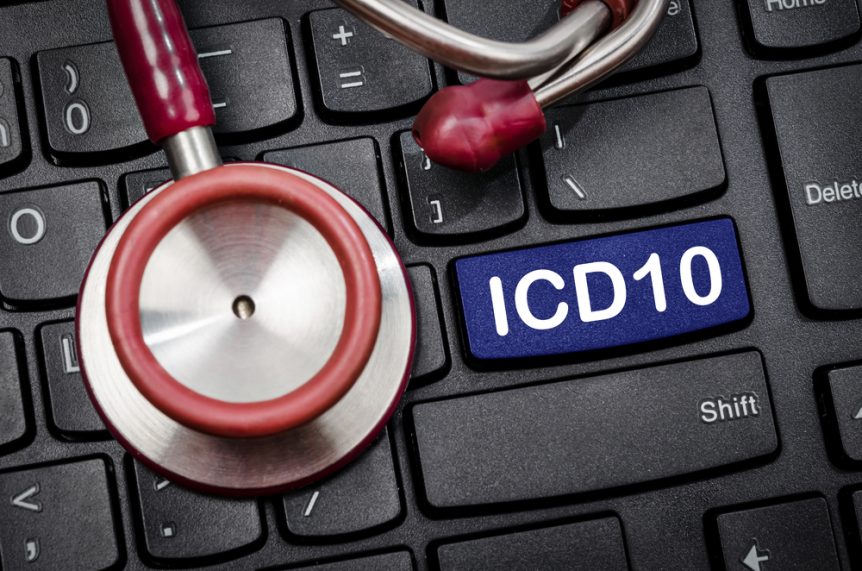The ICD is the primary reference for medical billing and coding specialists. It’s the International Classification of Diseases, and it’s maintained by the World Health Organization. On January 1, 2022, the medical community will switch to the updated version, the ICD-11, from the ICD-10 adopted in 1994.
In today’s blog from Bryan University, we discuss why the ICD is vital for medical billing and coding specialists.
Related Post: Choose One of Our Many Allied Health Programs
International Standard
The ICD sets the international standard for the classification of medical diseases, conditions, health data, and statistical aggregation. When you input the code J09, that indicates influenza due to certain identified influenza viruses. This code means the same in the United States, China, Australia, Zimbabwe, and Germany. The main goal here is that every medical community around the world that uses the ICD standard recognizes J09 as the same thing.
How is this important for medical billing and coding specialists? Let’s say you work with Acme Health Insurance. That health insurance company receives a claim for someone who traveled to Italy for vacation, and that patient received treatment for influenza-like symptoms. The healthcare agency in Italy uses computer software that translates the diagnosis as the code J09. The health insurance company then determines what should happen with the patient’s health insurance claim based on that code. Is J09 covered? If so, what kind of reimbursement should the person expect? How much money should the health insurance company pay the provider in Italy?
Related Post: Your Healthcare Career – Medical Billing and Coding
Accuracy in Billing
The ICD-11, due to be implemented in 2022, contains 1.6 million clinical terms and their interpretations. A doctor’s office diagnoses a patient with a medical condition based on a set of criteria that fits the diagnosis. The office staff at the doctor’s office inputs that diagnosis into the office’s software, and that assigns the correct code to the medical information and the patient’s record. It’s the job of every medical billing and coding specialist to make sure that code is accurate.
Accuracy is important for health insurance companies. They need to know what medical procedures and treatments are appropriate for various medical conditions. If there is anything amiss, a medical billing and coding specialist acts as a liaison between a patient’s health insurance company and doctor’s office to make sure the billing is accurate. Discrepancies can lead to higher costs for the patient, health insurance company, and doctor’s office.
Related Post: The Fast Track to a Medical Billing and Coding Career
Regular Updates
The ICD receives regular updates. The manual typically updates every year, and you’ll see this in computer software. New versions of the ICD come out approximately every 10 years, although there is a gap of 28 years between the adoption of the ICD-10 and ICD-11. Regular updates are important because medical science discovers new diseases, diagnoses, and treatments regularly.
Medical Billing and Coding at Bryan University
Bryan University’s medical billing and coding program prepares you for a vibrant career. We’ll prepare you for the Certified Professional Coder (CPC) exam from the American Academy of Professional Coders. Call Bryan University toll-free at 1-855-862-0755 or enroll now to find out more information!


